America is different than the rest of the countries in the world because it’s the only country I think that’s based upon the idea of team sport. Other countries are based on race, religion, tribe. The United States is the only country in the world that’s based on the idea of a team. Because there’s all these diverse different people, and we all work together for a goal. The problem is that America, because it is a team, its main objective is to win.
Archive
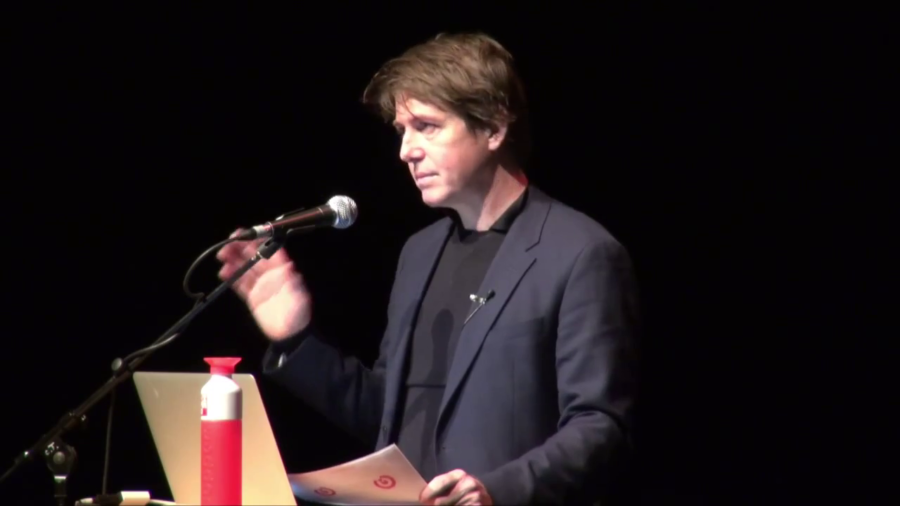
Otherwise engaged refers to our time as a time of distraction. As a time when social media is actually beginning to focus our attention on things that are distracting. And I want to talk a little bit about first of all of our new—and it’s going to sound like an oxymoron, but it’s our new sort of distracted modes of engagement.
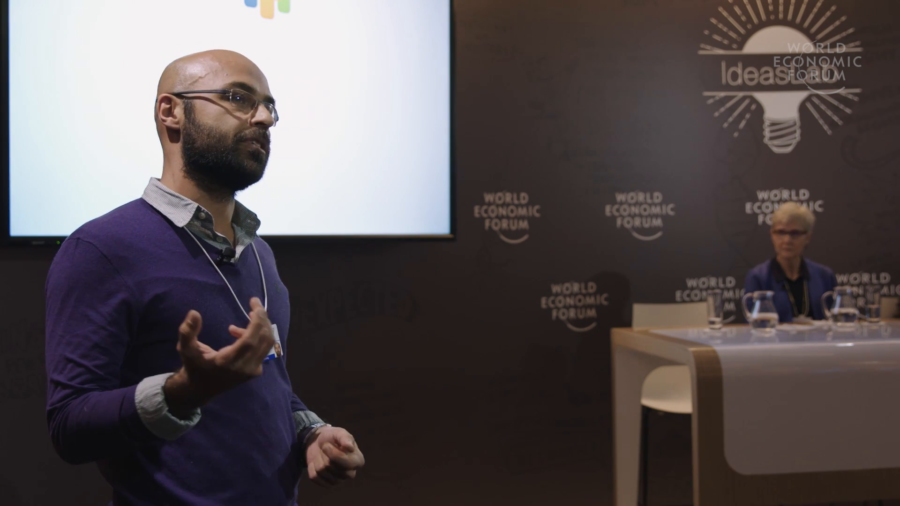
In the course of Donald Trump’s rise to power, people have repeatedly been asking, “Why did he tweet that? What was he thinking about?” Our fascination with his mental states highlights a very important question for us: What happens in our minds and brains when we try to influence others?
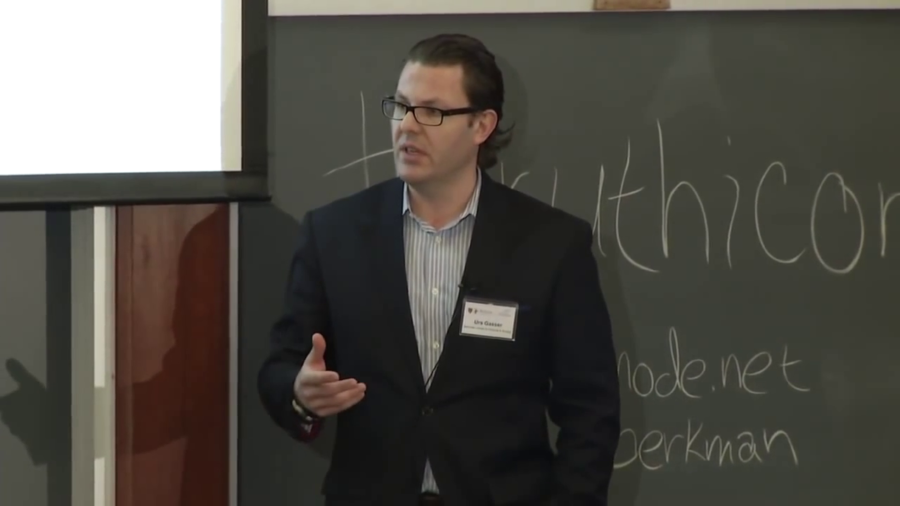
I’d like to cluster my thoughts and structure them into four categories. One is what I will call foundational issues. Second, a few words and observations regarding methods. Third, a few areas of application that we touched upon this morning, and maybe also highlighting one or two that we haven’t talked so much about but that I think are increasingly important. And then finally also as a segue to the following sessions, a few words about potential points of intervention.
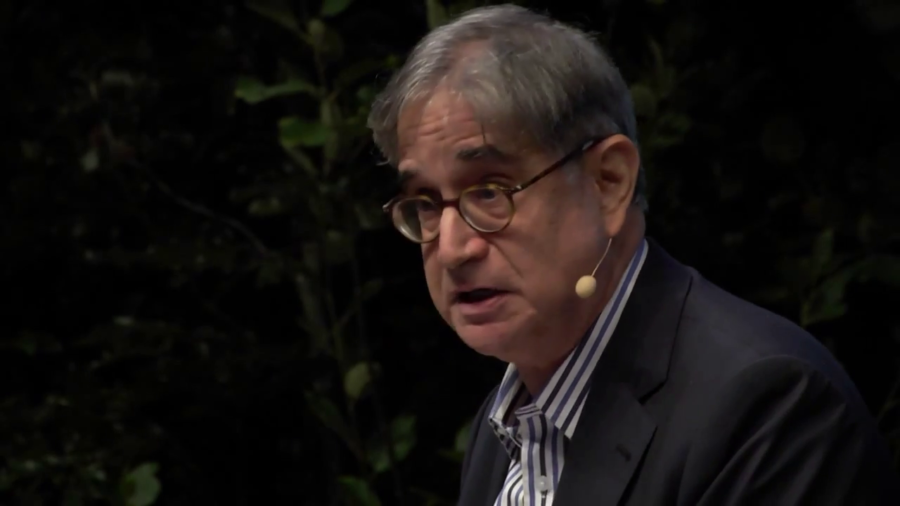
There’ve always been celebrity chefs whose skill and creativity made them famous. But the passage of time usually means we know little more about them than their names. From ancient Greece and Rome there’s only one cookbook that survives in full, that attributed to the Roman cook Apicius, which dates actually from the end of the Roman Empire.
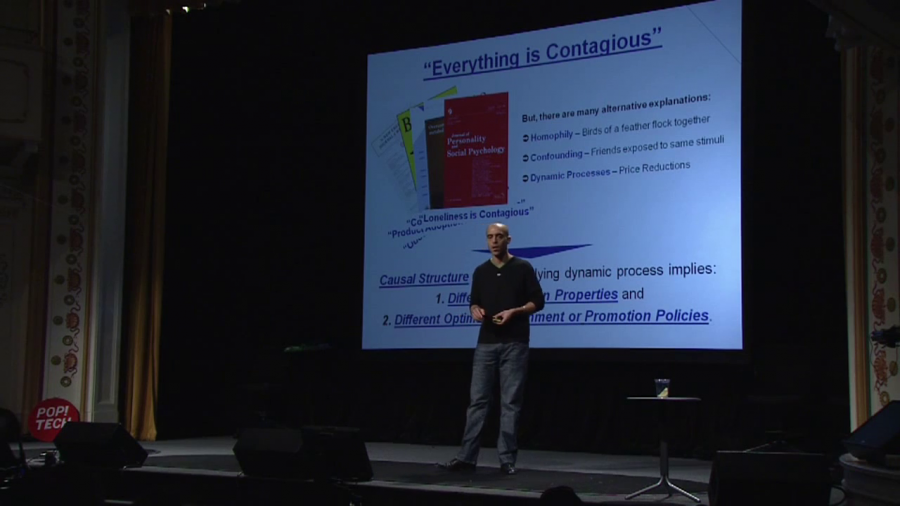
The reason that I am interested in behavioral contagions is that I firmly believe that if we can understand how behaviors spread in a social network and thus in a population from person to person to person to person, that we could potentially promote behaviors like…condom use, or tolerance.

